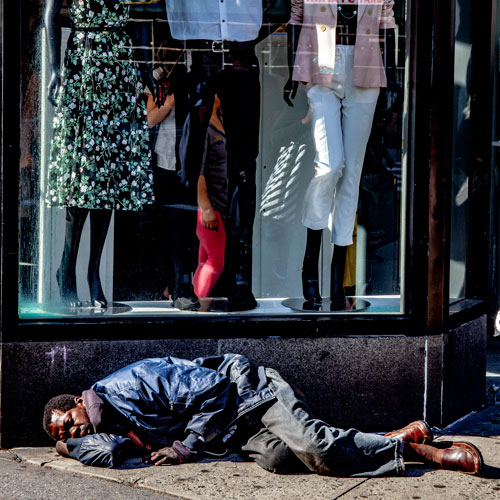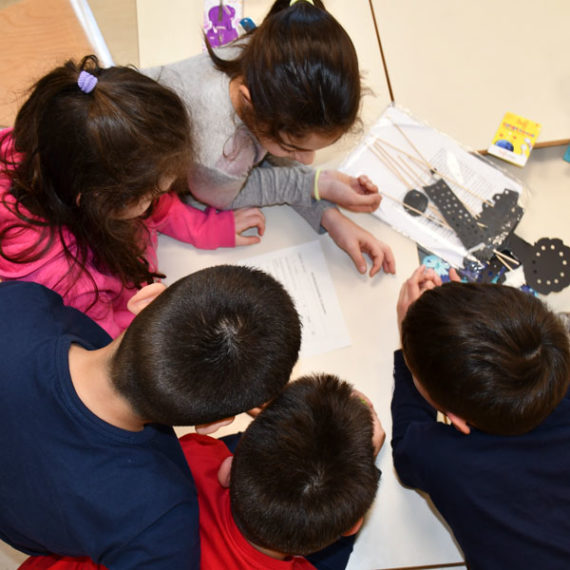Over the years CAT has applied its own intervention model in the night-life sector. The Java Centre Info-shop was created in 2001. It was inspired by English and Scottish models, with the aim of promoting the sharing of detailed information regarding drugs. Situated in the historic centre of Florence, it is a low-threshold service aimed at young people who are interested in receiving information about legal and illegal psychoactive substances, and creating a rapport based on trust with the operators.
The Centre combines cultural and educational activities carried out in places of consumption in the urban area, providing an exhibition space for shows/events available to the public, carrying out free workshops and laboratories (Djing, dog handling and Qi Gong), and free psychological consultations that are open to all. The Java Centre has become a central point of reference in the area, a welcoming and informal urban chill-out space that is in constant contact with other similar European centres to monitor and study the circulation of narcotic substances.
It is open from Monday to Friday from 1500 to 1900.
On Fridays and Saturdays, from midnight to 0500, the Java Centre becomes UAN – Urban After Night, a decompression space, a chill-out zone that is open to everyone in Florentine night-life. The central location means reaching out to people who want to relax after an intense night spent in the clubs, in order to talk with the Centre operators, who give psychological support, information and advice on the use of alcohol and narcotic substances. They provide testing kits to evaluate the service users condition regarding the use of a vehicle. In fact, in the Centre it is possible to carry out a breathalyser test.
The Experimental DEA project is situated within the Emergency Room Department of the Santa Maria Nuova hospital in the centre of Florence. It is a new additional service for all projects that work during the night. The operators, over the weekend, help doctors to manage hospital admissions due to the consumption of substances. The role of the corridor operators is to facilitate the doctors’ work in the management of care for the patient admitted and in recognising what substance has been consumed.
Contact: Federica Gamberale, Giacomo Del Sala
Commissioned by: Florence City Council, Region of Tuscany
Located in: via Pietrapiana angolo via Fiesolana, zona S.Croce/ S.Ambrogio. Ospedale Santa Maria Nuova





